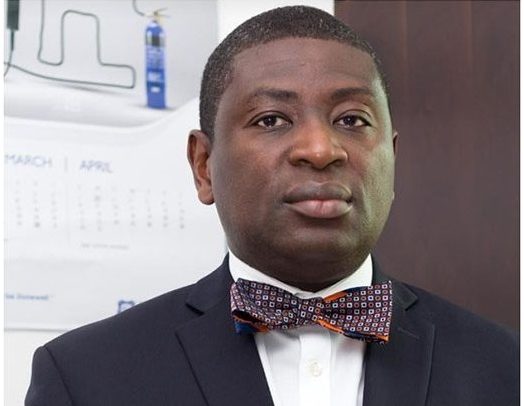The Executive Secretary of the Institute for Energy policies and research, Kojo Nsafoah Poku, says his outfit has researched and reviewed the laws and policies governing the mid-stream licensing and operations to ascertain if the agreement signed by Genser Energy and Ghana National Petroleum Corporation (GNPC) conforms to standards.
The following is a full statement issued by the institute explaining its position of the matter.
The Institute has researched and reviewed the laws and policies governing the mid-stream licensing and operations to ascertain if the agreement signed by Genser Energy and GNPC conforms to these standards. In recent months, there have been claims by IMANI and ACEP that, Genser will receive $1.5 billion in gas discounts over a sixteen-year period and the parliamentary select committee on mines and energy has also issued a report in defence of this agreement. There are operational and licensing problems with the agreement which makes it illegal under the current gas polices.
GNPC as the national oil company is not clothed with any laws to participate in the mid-stream. Ghana National Gas Company (GNGC) is the only company licensed by Energy Commission to be the Gas Transmission Utility Company. They are responsible under their license, to build and operate all gas transmission networks across the country. There is an access code developed by Energy Commission which allows 3rd party to build distribution networks to connect the transmission pipelines. The 3rd party can own the gas pipeline but only GNGC can operate the pipeline or GNGC can grant an operator agreement to the 3rd party. This situation is similar to what pertains in the power sector where Gridco is the only company that can build and operate power transmission networks across the country. Under the Gas Sales Agreement (GSA) signed by GNPC and Genser, Genser is to build and operate a 110 km transmission natural gas pipeline from Dawusaso to Anwomaso near Kumasi.
Under the current law, Genser cannot operate a transmission line. We have sighted a letter from Genser dated 25th July 2023, proposing to split the GSA signed with GNPC into two separate agreements, a standard gas sales agreement and a gas transportation agreement. These new proposed agreements cannot be signed with GNPC because from September 2021, GNPC role as the gas aggregator has been transferred to GNGC under the new government gas policy.
Ghana National Petroleum Company (GNPC) is not in the position to amend or discount the Weighted Average Cost of Gas (WACoG). This computation is done by Public Utilities Regulatory Commission (PURC) considering various factors and cost in the mid-stream.
The law mandates GNGC who is the gas transmission utility company to make a submission to PURC for a review of the WACoG. It is illegal for GNPC to enter into any agreement and discount the WACoG when they are not clothed with any law to do so.
Genser as a private company is free to invest in gas infrastructure but they must do so within the existing legal framework of the country. The only revenue available to the Utility company GNGC, is the transmission charge of US$0.625/mmBTU. This is the money they rely on for all their operations and investments. If Genser cannot recover their cost through the transmission charge, then they should revise their business model.
In the power sector, the government will not allow the IPP Asogli to contract a private company to build power transmission lines to another city without the involvement of Gridco. So why are we prepared to overlook the role of GNGC, who is the only transmission utility company licensed under law to perform this function. Genser has built the 110 km pipeline, under what license will they operate this transmission line?
Our recommendations are as follows:
- The existing Gas Sales agreement should be split into two as proposed by Genser. The standard gas sales agreement should be signed with GNGC as the gas aggregator without any discount to the WAGoG.
- The transportation agreement should be signed with GNGC as the gas transmission utility company. In that agreement, the issue of capital cost recovery for the 110 km pipeline and operatorship will be addressed.
- PURC and Energy Commission should be made to mediate all the technical and financial details arising from this agreement.
All the gas agreements signed by GNPC are to be novated to GNGC as the new gas aggregator, so it is only appropriate that the current GSA is abrogated and replaced by the two new agreements. Instepr is hopeful that the necessary steps will be taken to correct this anomaly and restore confidence in the country’s mid-stream activities.
Signed
Executive Director









